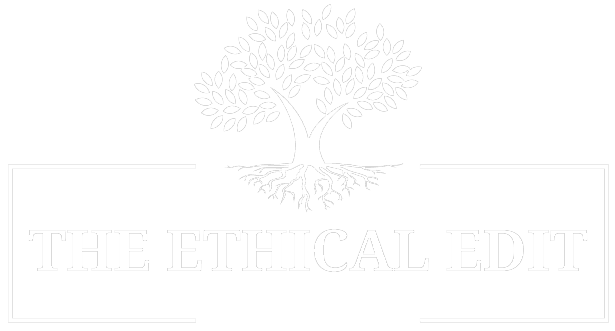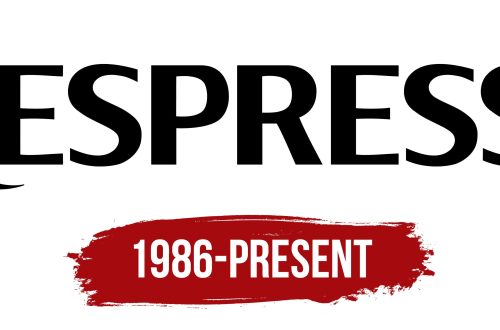
Fairwashing – What it is and how to Spot it
Advertising and marketing influence consumers on many levels. There can be certain factors that encourage you to buy selected products. One of them is your desire to hold companies to standards of fair trade. There is a difference between those authentic efforts though and clever marketing to give that impression. When they are intentionally trying to give you that impression but not following through it is known as fairwashing.
Authentic fair trade can have several different concepts involved. They may include:
- Direct benefits to the communities where products are grown
- Directly buying from growers
- Environmentally sustainable
- Fair pricing
- Labour laws are followed, absolutely no child labour
- Traceability
- Transparency
Fair trade companies follow important steps and guidelines to get these factors in place. It takes time and an investment, but they value what they give back above making a profit. Often, products in this category cost more due to the overhead pricing involved. Yet consumers are willing to pay because of what the product offers and how the business operates.
When fairwashing is in place, the company has a huge profit margin. What they are doing compared to what they say they are doing is miles apart. They give the impression of a great image but it is all smoke and mirrors. As the layers are peeled away, they are exposed for what they are doing. Sadly, it often isn’t considered illegal but it is definitely unethical. Consumers have to take action to protect themselves against it.
Information Instead Of Promoting Can Be A Sign Of Fairwashing
While it is a good tactic for businesses to share information instead of always a sales pitch, what is the underlying motive? Sometimes, information is used as a means of fairwashing and they want you to make inferred assumptions from how they market and what they share. They carefully select who is the spokesperson for the product. What you know about them as a person can influence what you think about their product and it being eco-friendly without anything to back that up.
If their focus seems to be highly-drive towards charitable contributions, giving back to the community, or something that is good for the environment, what aren’t they sharing with you? When you break it down, most advertising is purposeful. They want you to think in a certain way. Don’t let them mislead you. Any time they claim such actions, there will be credible information to back them up. If that is lacking, fairwashing is likely what is going on.
Be Diligent
Consumers can identify fairwashing by being diligent. Rather than making a decision based on the adverting and marketing of a company, do your homework indecently. If they say they are ethical or sustainable, don’t take that at face value. There should be plenty of information you can find to back up those claims. Don’t let their choice of wording cloud your judgment or lead you to make assumptions.
For example, if a company says they are working towards something eco-friendly, what are they doing? What actions and steps are they involved with that will move that concept forward? If you can’t locate those details, they are just using fairwashing to encourage consumers to buy from them.
Look For Certifications
When a company is truly working for environmental betterment, they often have certification in place. The process takes time and they have to meet strict criteria. If they aren’t willing to do so, that should be a red flag in your eyes. Look for Fair Trade certifications and verify they are current. There are some fake certifications out there so always verify they are genuine. Look at the details of where they are from and follow up with that entity.
Ask Questions
If you can’t locate information, you should ask questions and hold the company accountable. Ask the hard questions on social media accounts. Email them to see how they respond. If they don’t give you concrete details, they don’t want to put it into writing and that should concern you. If they have nothing to hide, they will gladly share the details you seek without hesitation.
Consumer awareness forums and platforms are good places to find details about fairwashing. Search for specific business names or products and you will find information other consumers have shared. Likewise, don’t be shy about sharing your own thoughts or the investigating you have done regarding a company and those types of inferences. Your information can help other consumers be better informed before they purchase from that business.
Through accountability, fairwashing can be reduced. Companies will realise it isn’t an effective way to get additional sales. When the truth comes out, it can tarnish their business substantially and cost them loyal customers. It is better for them to be honest from the start and build up their business with a solid reputation.






One Comment
Michael E Conroy
Thanks for this essay. Does “fairwashing
” conflict with legitimate efforts for organizing workers on farms and in processing plants?